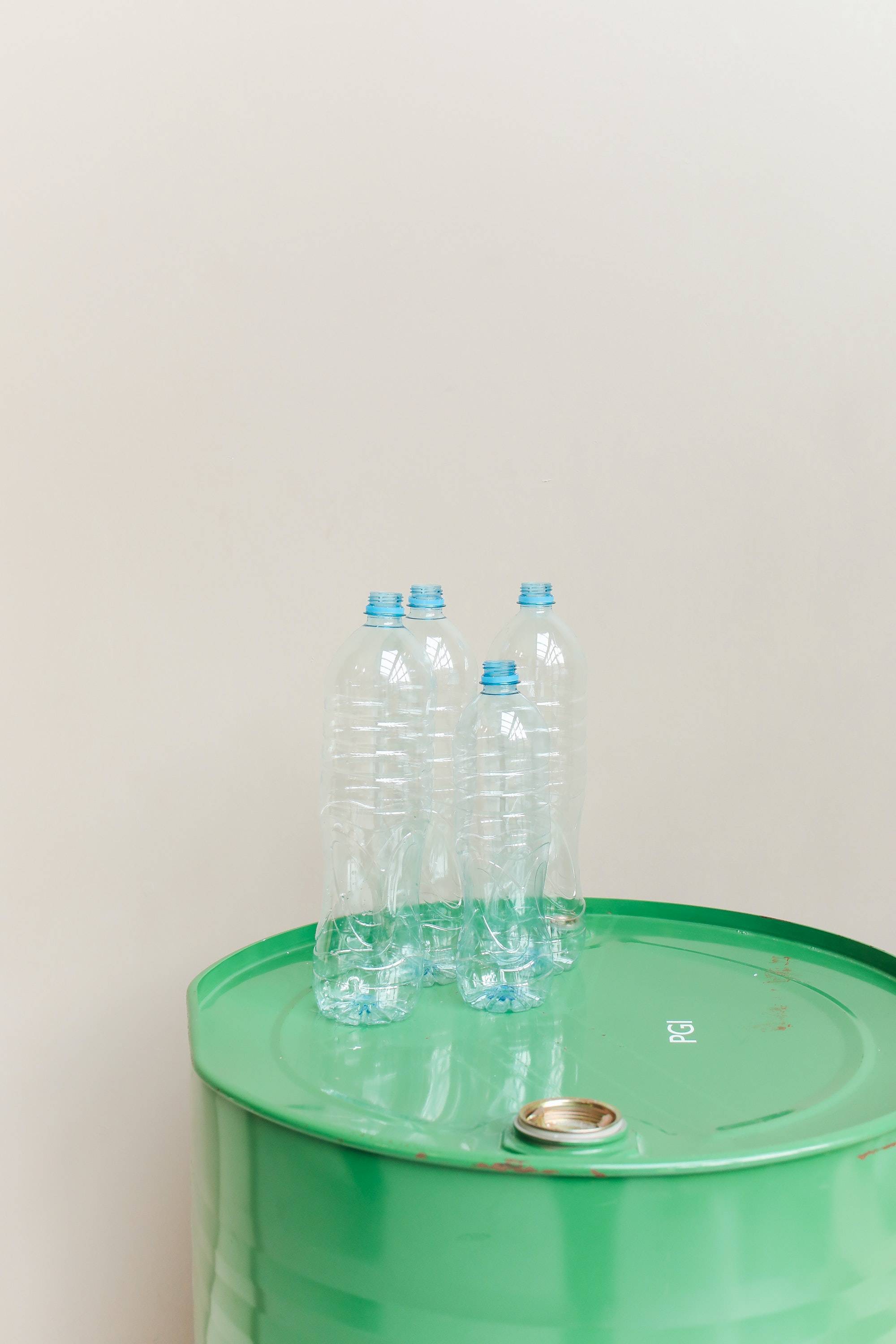Plastic-eating enzyme could eliminate billions of tons of landfill waste
#REPORTER
june ‘22
2 minutes
Words by Varnika Srivastava
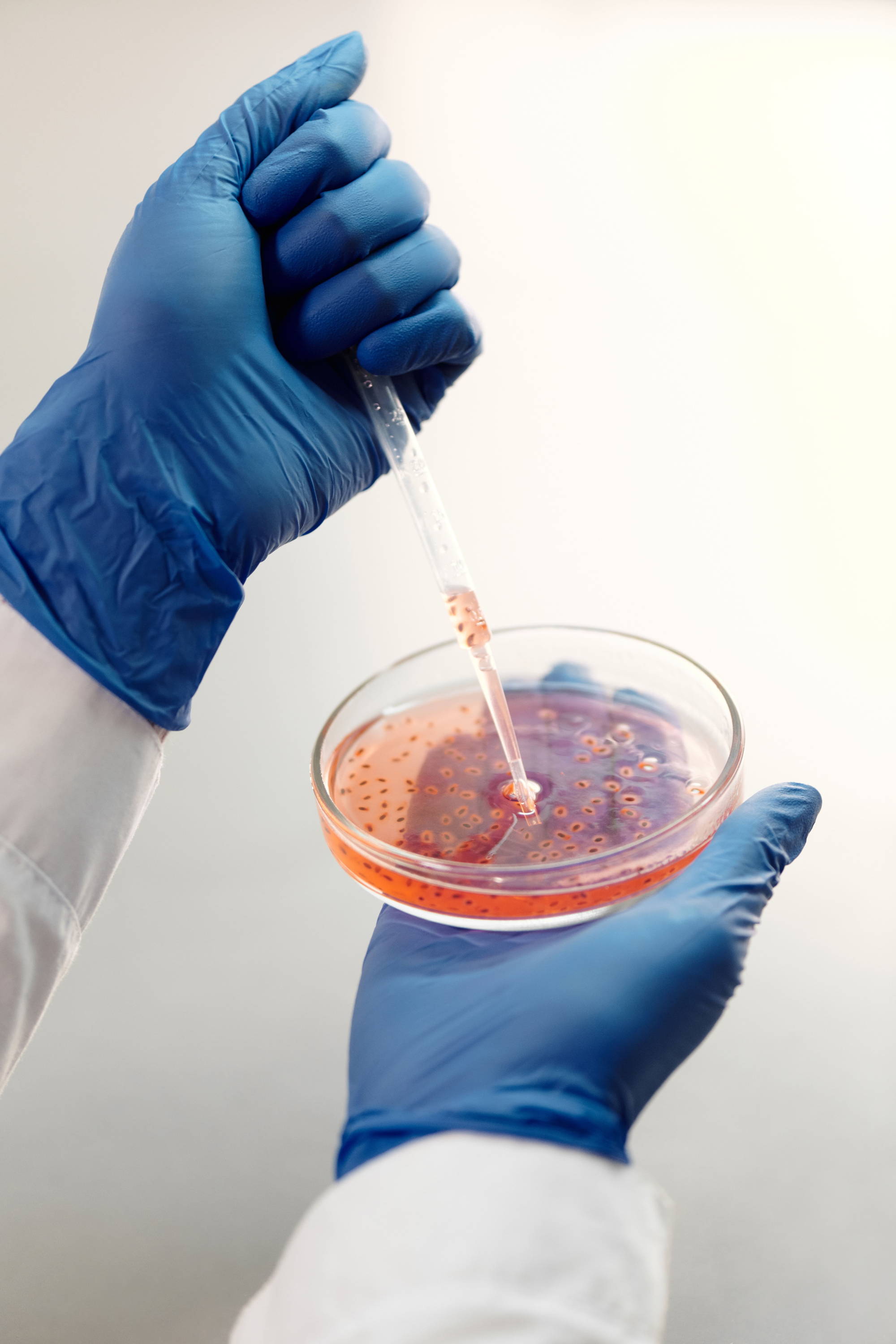
Photo by Edward Jenner
Learn how a new plastic-eating enzyme might be the new solution to help deal with the overflowing landfill problem.

Photo by Edward Jenner
Learn how a new plastic-eating enzyme might be the new solution to help deal with the overflowing landfill problem.
Learn more
Researchers noted in a university press release published in Nature that the enzyme employs a "circular process" to break down the plastic into smaller components and then chemically turns it into a smaller, reusable plastic. The procedure may take as little as 24 hours and is far more ecologically benign than dumping the plastics in a landfill or burning them. In a press release, one of the study's co-authors, Hal Alper, a chemical engineering professor at the University of Texas, remarked, "The opportunities are unlimited across sectors to utilise this cutting-edge recycling method."
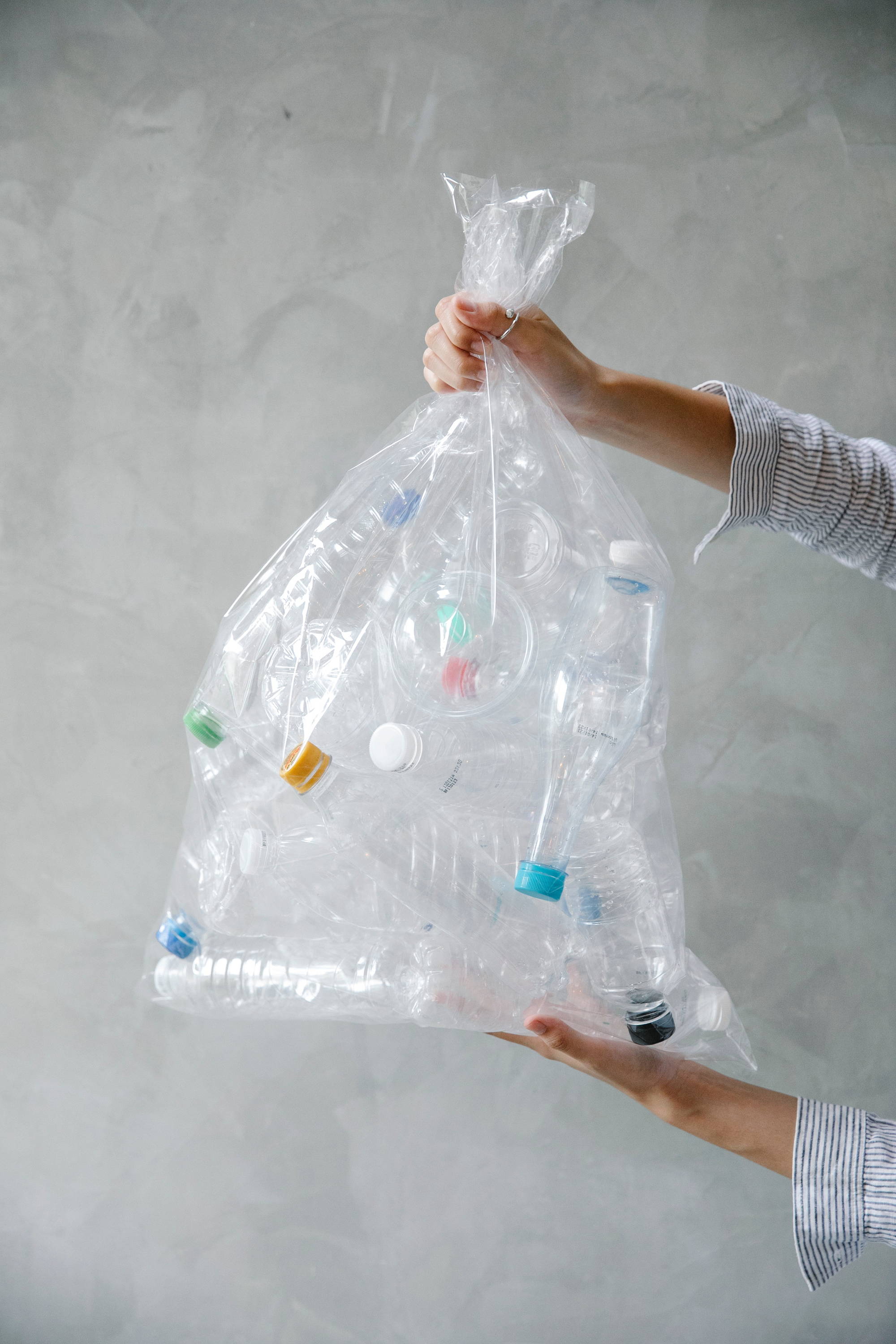
Photo by Sarah Chai
“The opportunities are unlimited across sectors to utilise this cutting-edge recycling method.”
Hal Alper
PET
The project focuses on PET, which is an important polymer found in most consumer packaging, including cookie jars, soda bottles, fruit and salad packing, as well as some fibres and textiles. It accounts for 12% of all worldwide garbage. A machine learning model was employed by researchers at the Cockrell School of Engineering and College of Natural Sciences to develop unique mutations in PETase, a natural enzyme that allows bacteria to digest PET polymers. The model predicts which enzyme mutations would achieve the objective of depolymerizing post-consumer waste plastic fast and at low temperatures.
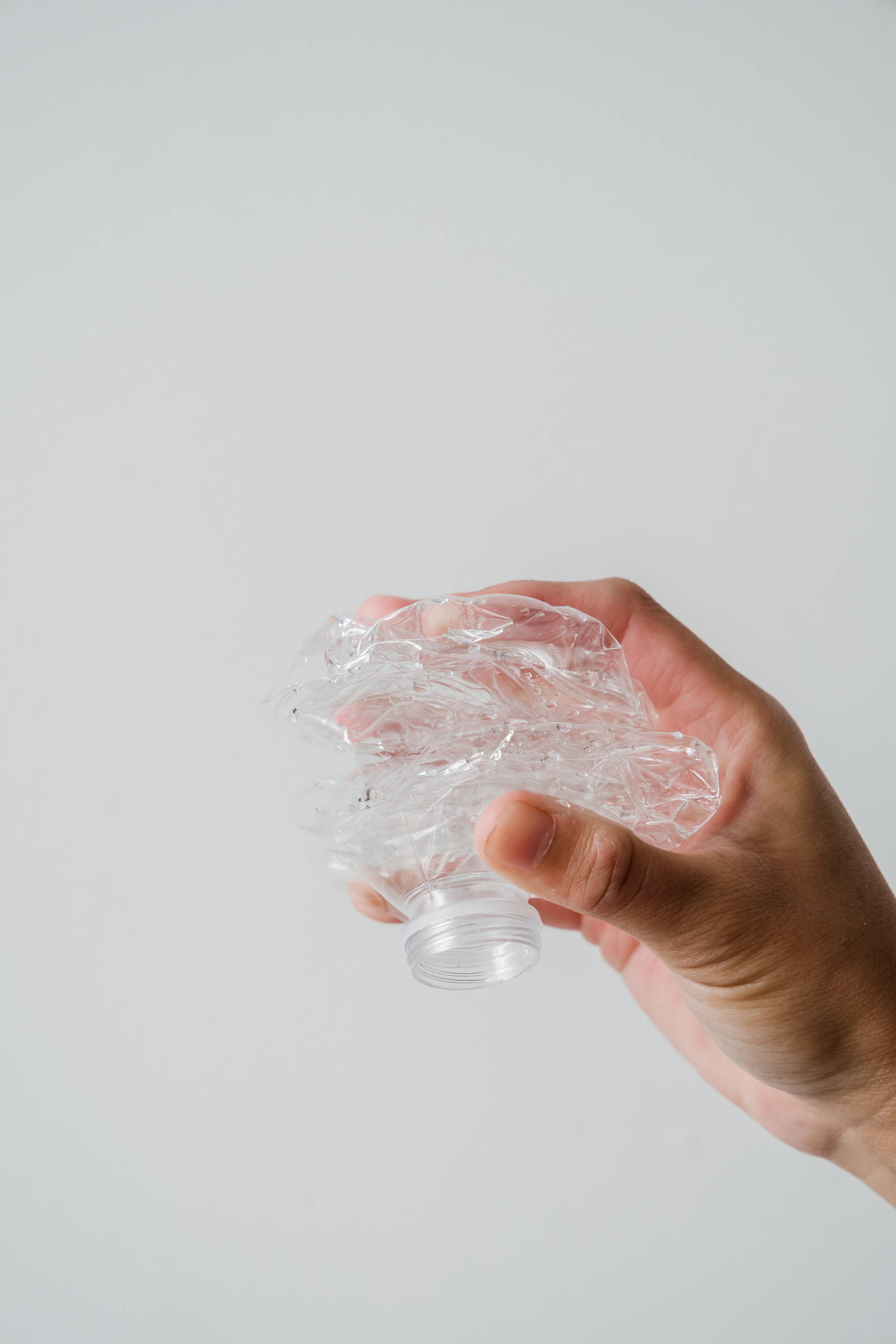
Photo by Greta Hoffman
Author of the picture
The researchers verified the efficiency of the enzyme, which they are dubbing FAST-PETase, by testing 51 distinct post-consumer plastic containers, five different polyester fibres and textiles, and water bottles all produced from PET (functional, active, stable and tolerant PETase). The most apparent strategy to reduce plastic waste is to recycle it. However, only around 10% of all plastic has been recycled globally. Aside from dumping it in a landfill, the most popular way to dispose of plastic is to burn it, which is expensive, energy-intensive, and emits poisonous gas into the atmosphere. Other energy-intensive alternative industrial processes include glycolysis, pyrolysis, and/or methanolysis.

Photo by Edward Jenner
Photo by Edward Jenner
Biological solutions require far less energy. Over the last 15 years, research on enzymes for plastic recycling has progressed. However, no one has been able to find out how to manufacture enzymes that could function well at low temperatures and be portable and
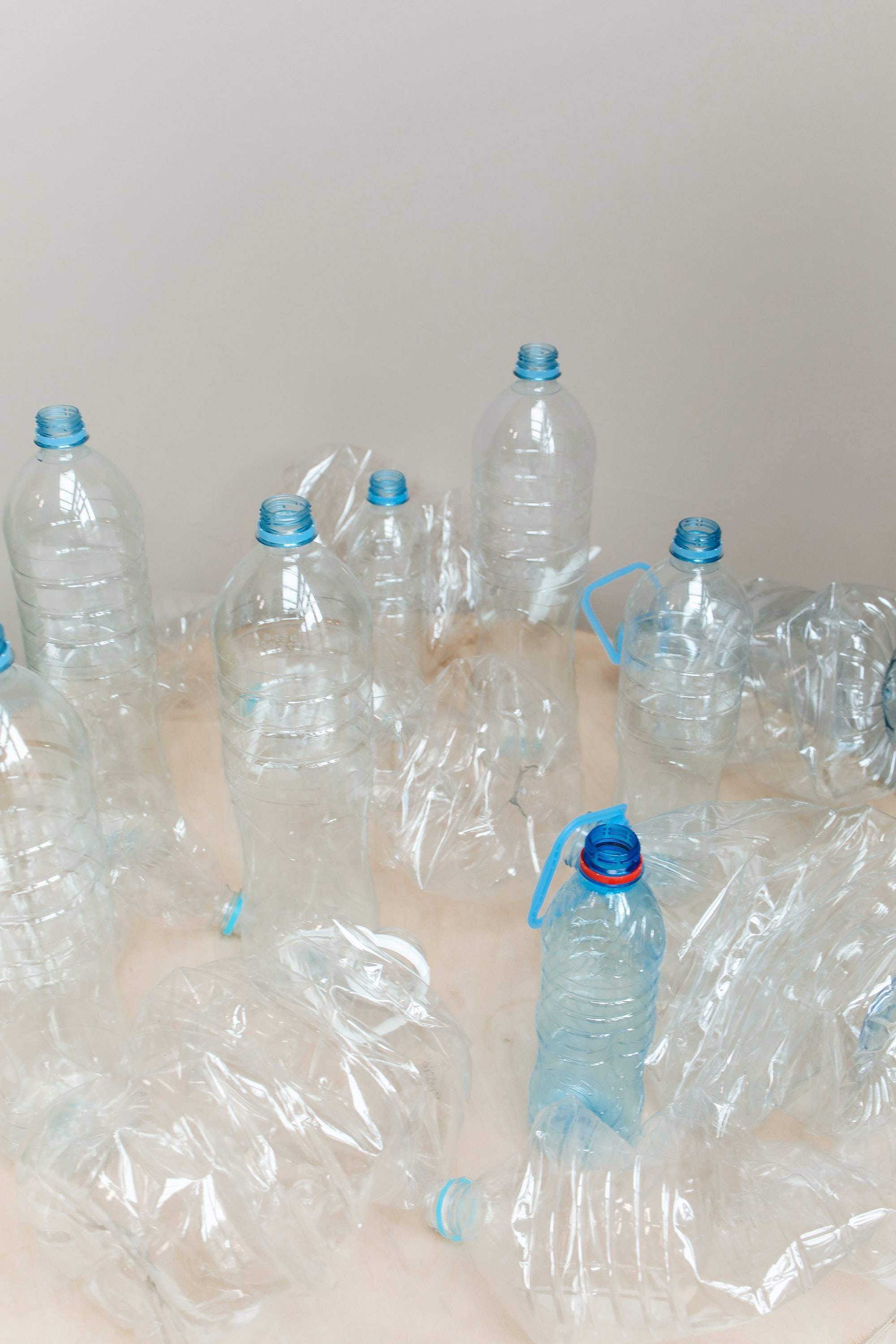
Photo by Tanki Evitch
